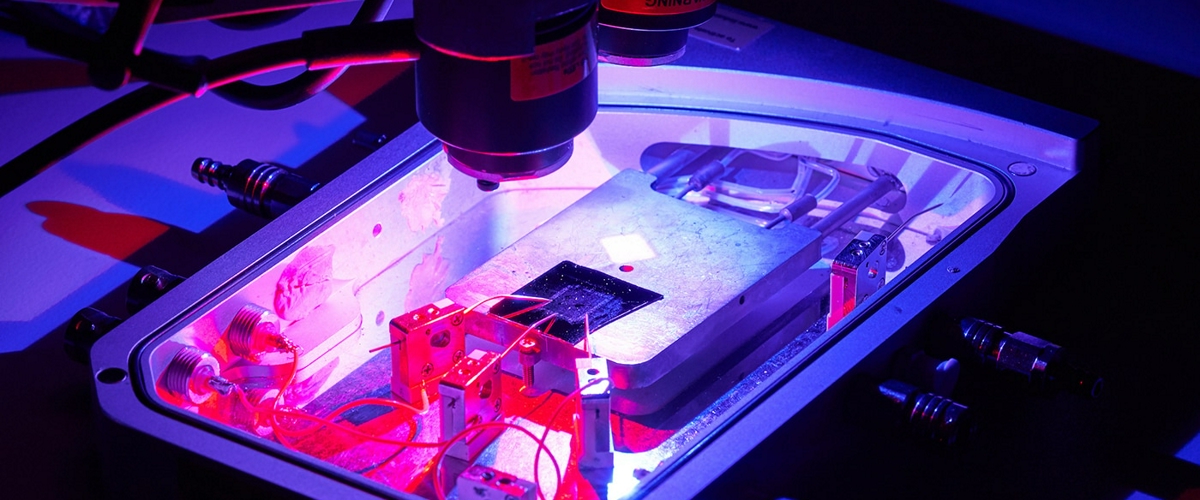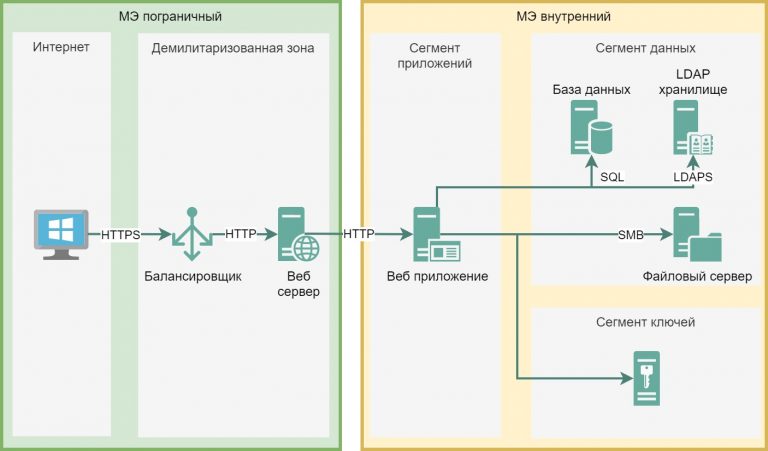Australian startup develops hybrid PC from electronic and biological components

Scientists have long been are exploring the possibility creating a biological computer, the principle of which would be similar to the principle of the ordinary brain, albeit a small one. And now there is a project that is a hybrid of conventional PC and biological components.
This project is being implemented by the Australian company Cortical Labs. She hopes that in the future, a hybrid computer will be able to do the same work as modern PCs, but it will consume much less energy. According to company representatives, the resulting system can now be compared in functionality to the dragonfly’s brain.
The company uses two methods for creating such systems. The first is the use of neurons from mouse embryos. The second is the use of human stem cells, followed by the cultivation of neurons from them. Next, the neurons are placed in a nutrient medium and placed on a chip of metal oxide. It contains about 22 thousand electrodes.
In the near future, developers plan to teach this system to play the Pong arcade game, which is not very difficult for machines to understand. By the way, this game originally trained artificial intelligence developed by DeepMind. A little later, it was he who, of course, improved, was able to beat the world champion in go, and also learned to pass many computer games well.
However, AI systems consume a lot of energy. In particular, the same AlphaGo AI, which was mentioned above, at the peak consumes about a megawatt. This is enough to supply electricity to about 100 households per day. The human brain, according to experts, consumes about 20 watts at the moment of a person’s reflection on important issues. This is about 50 thousand times less.
Carl Friston, a neuroscientist at University College London, known for his work in visualizing the brain, said he was very impressed with the results of the project. Earlier this year, he was invited to test a test device. Freeston also developed ideas about the self-organization of biological systems, including collections of neurons.
According to the authors of the project, the use of biological systems will allow training neural networks much faster. At the moment, this work takes a long time, but in the case of hybrid systems, the process is much faster.
Cortical Labs has now received an investment of about $ 610,000. It is not the only company working in the field of “biological computers.” Another startup, Koniku, has developed a silicon chip whose electronic components are combined with mouse brain neurons. Now the company is developing drones based on such chips for the military and law enforcement agencies.
Well, scientists from MIT achieved success in a slightly different field – they used certain bacteria to develop a hybrid chip that is able to carry out calculations and store information.







